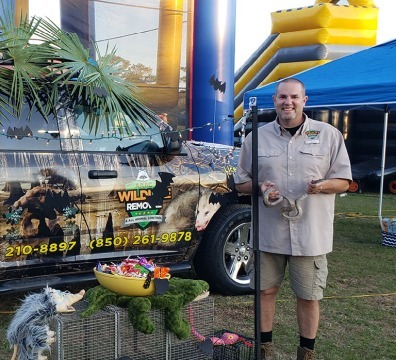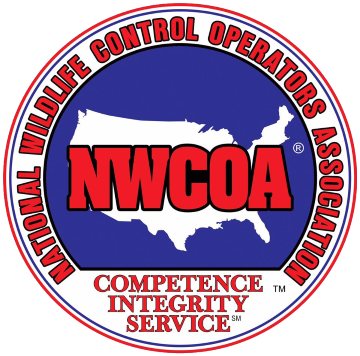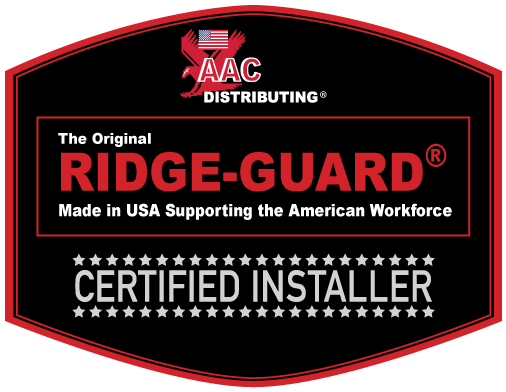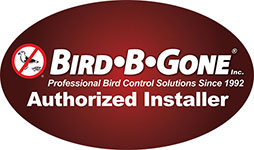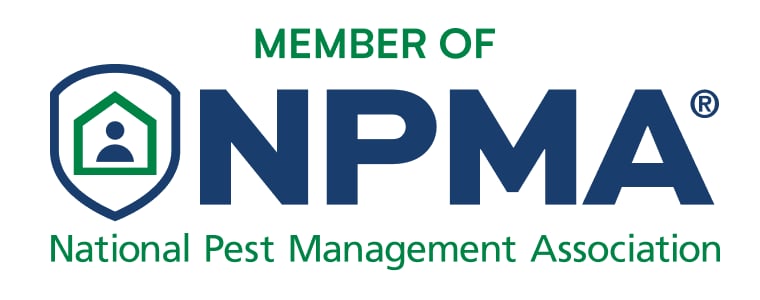More often than not, the only harm a snake can do is to frighten people. They’re much more likely to find a small crack to crawl away to than to bite you, though it can happen if they are cornered or if you try to grab them. Thankfully, the worst that can happen from a non-venomous snake bite is a painful puncture wound.
Other than that, they don’t create much of a mess and there’s no risk of infestation.

Venomous Snakes
Rattlesnakes and cottonmouths (water moccasins) are by far the most common snakes that people worry about. And for good reason. One bite from a rattlesnake or cottonmouth can have serious consequences. Although in this day and age it is relatively rare to die from a snake bite from any kind of snake, getting bit by a venomous snake often leads to severe pain and disfigurement, as well as a hefty hospital bill going up to $100,000 dollars.
Coral snakes and copperheads are also venomous snakes. Copperheads are not as deadly as rattlesnakes, but their venom can still do considerable harm. Coral snakes are shy snakes and not as likely to get agitated and strike. Copperheads are pit vipers and are naturally much more likely to strike at you. For this reason, coral snakes do not create quite the same level of fear as rattlesnakes do. Quite a beautiful snake with its bright colors, the coral snake is often seen in flower gardens.

Another Problem Altogether: rodents
Apart from being creepy, the thing you should really wonder about is what attracted them to your home, yard, or shed in the first place.
They may be looking for shelter to hibernate, though it’s very likely they were attracted to a food source. That could mean you have a rodent problem. They’ll hunt for them in barns, food storage areas, and barns, and then hide out in the dark and damp corners, holes, nooks, and cracks as they digest
Making the Environment Unattractive for Snakes
To eliminate potential food sources, take steps to control rodent and insect populations, such as maintaining clean living spaces and storing food in rodent-proof containers. In areas with high native snake populations, snake-proof fences may be erected to keep the slithery pests away from children in play areas, though enclosing entire yards with snake-proof fencing often proves prohibitively expensive.

Trapping and Removal
If you discover a snake on your property, contact an animal control specialist. Don’t assume that you can safely kill a snake on your own. Trapping and removing a snake is often a much more effective solution since snakes play an important role in the ecosystem and some snakes might also be protected from indiscriminate killing in certain states.
At AAAC Wildlife Removal, we can guarantee that our professionals will not only thoroughly resolve the problems generated by snakes, but they will do so in the most humane way possible.

